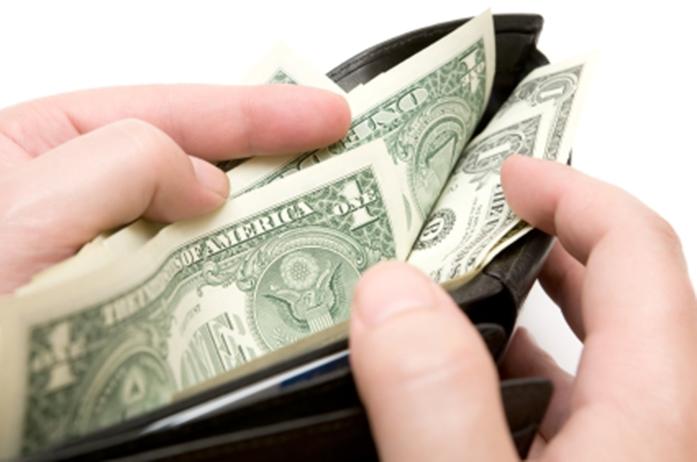Vivian Medithi
I was recently converted to music streaming. I used to be a skeptic, but TIDAL filled me with the Holy Spirit: instant access to hundreds of my favorite musicians’ discographies, ad-free listening, and now, in 2016, the allure of hearing a platform-exclusive album such as Lemonade or The Life of Pablo before any of my friends. And since TIDAL gives artists the highest share of profits per stream compared with Spotify or Apple Music, I feel good supporting the musicians I love, even if only pennies at a time.
In the digital age, there are real, pressing concerns about digital piracy spelling the end of the music industry as we know it. But the more than 100 million people who stream music around the world feel the same way I do, that we have an obligation to pay for art, whether that obligation is legal, moral, or simple convenience.
So why is there such a social aversion to paying for porn? Sex is somewhat taboo in society; we’re bombarded with it in ads and pop culture, but we’re never supposed to talk about it. Sex-ed in most public schools is dismal, worshipping at the altar of abstinence despite a myriad of studies proving its inefficacy in preventing teen pregnancy and STI transmission. Patriarchy splits women along the virgin-whore dichotomy as though having sex (or not) has any bearing on a person’s character or worth.
The truth is, as much as people love music or porn, they don’t value either of these things. We enjoy consuming them, absolutely, but we feel entitled to entertainment for free. Coupled with the stealthy nature of consuming porn in an overwhelmingly sex-negative society, most people simultaneously feel as though paying for porn would be the equivalent of getting cheated out of money as well as a mark of perversion. After all, with so much free smut available at the click of a search bar, only a real pervert would pay for porn.
This argument is predicated on watching porn being dirty and uncommon. Forty million Americans consider themselves regular porn viewers, more than 1 in 10 people. And while some have moral objections to sexual content, I think healthy, consensual sexual expression and exploration is a good thing. It leads to a deeper understanding of one’s body, preferences, and sexuality, creating the foundation for healthier sexual relationships between consenting adults.
Sex workers face various stigma on a daily basis (ranging from housing discrimination, financial discrimination from banks and services such as PayPal, harassment, threats, and violence both interpersonal and state-sanctioned), and this plays into the devaluation of their work.
Society sees sex work as dirty, the domain of undesirables, and thus sees sex workers as undeserving of money.
This is wrong. People deserve to be compensated for their labor, whether they’re a musician, a sex worker, or a doctor. Tube sites such as Pornhub.com thrive on advertising revenue, but the high influx of pirated material means very little if none of those profits make it to the performers and producers investing thousands of dollars into every scene.
So what’s the solution? Stop supporting tube sites and buy a porn subscription. I’m serious. If you consume porn on even a semi-regular basis, you should pay for porn. If you can afford $5 a month for student-discounted music streaming, you can pay the same for the porn you watch. The alternative to paying for porn is a world in which porn becomes much lower quality before the industry ultimately dies, leaving us with no new content and a loss of approximately $100 billion to the global economy. I don’t know about you, but I’ll forgo a night on the town to save my nights in; how about you?



